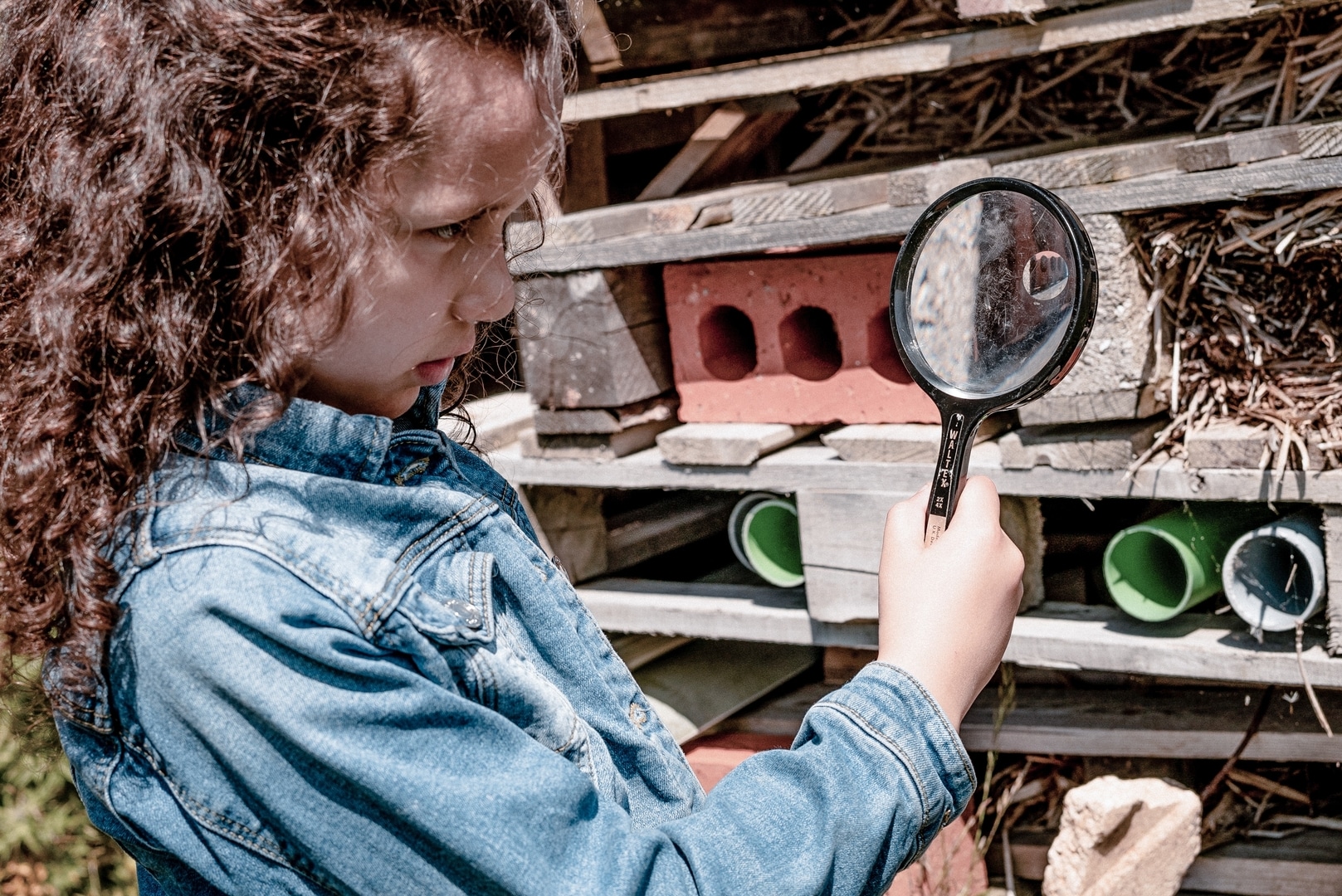Wildlife-shy Brits admit they can’t identify most birds or bugs in their gardens apart from pigeons and robins, according to research.
As many as three in four of the 2,000 adults polled nationally by Redrow would only feel confident identifying more common birds, like pigeons, over rarer garden varieties.
In the North West, 61% of respondents said they would be able to identify some birds in their gardens and only 13% able to correctly identify ten or more common birds.
Faring better than other regions, 66% of those questioned in the North West able to correctly point out a robin – but only because of its distinctive red breast, which was higher than the national average of 58%
The survey also revealed that the North West had the highest percentage of respondents who could correctly recognise a Sparrow with 86% saying they could confidently identify them.
A further 70% of North West respondents would be able to identify some insects and just 17% said they could identify them all. The average number of insects they could identify was, on average, 5.2.
Nationally, more than one in 10 have ‘no idea’ whether their garden is particularly geared up for biodiversity, and just over a quarter of North West respondents strongly agreed that they wished they had learned more about nature and wildlife as a child.
However, it’s not all bad – as 16 per cent of parents across the UK believe their kids know far more than them, thanks to wildlife programmes on the TV (53 per cent).
A spokesperson for Redrow, which commissioned the research, said: “It’s vital to have at least a little understanding of what’s happening in our gardens.
“The more we learn and understand, the more we can help the wildlife around us thrive.
“It’s so important to make your garden or any outdoor space you have a welcoming environment for wildlife, whether that’s growing more flowers for bugs and insects or creating homes and feeding birds.”
The study also found 66 per cent of parents nationally have schools to thank for educating their youngsters on the natural environment.
While half claim influence from people like Greta Thunberg has helped their children understand and learn more, with 47 per cent also saying social media plays a big part.
It also emerged 14 per cent of adults can’t tell the difference between a magpie and a blackbird, and more than four in 10 are stumped when it comes to distinguishing between a marigold and petunia.
The typical adult can identify around six common garden birds and six regular garden insects.
Yet 78 per cent can’t tell the difference between the different kinds of bees and wasps, and just a quarter were aware it’s only the honeybee that dies once it stings you.
But, despite this lack of education, 30% of North West respondents have intentionally left their lawn and garden to grow wild to help encourage biodiversity.
The research, conducted via OnePoll, found over half of North West respondents agreed access to open spaces and nature is good for their happiness and wellbeing.
A spokesman for Redrow added: “Despite people not always understanding or being able to identify what’s in their garden, it’s great to see that many are still trying to do what they can to create an inviting outdoor space for them.
“It only takes small and simple changes, and you don’t need a huge space to do these things either.”
Redrow’s biodiversity strategy, which was created in partnership with The Wildlife Trust, seeks to put the natural environment at the heart of its developments and the lives of the people who live there.
The strategy includes a net gain approach to biodiversity; ensuring every development has green space where wildlife can flourish from orchards to meadows, as well as wetland areas such as ponds and swales.
For more details about how to embrace the nature in your garden, visit: Inspiration | Encourage Wildlife Into Your Garden | Redrow




